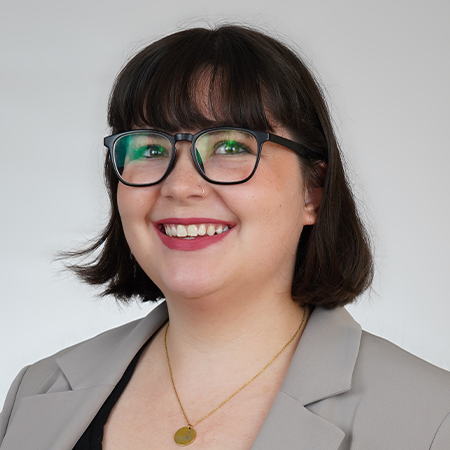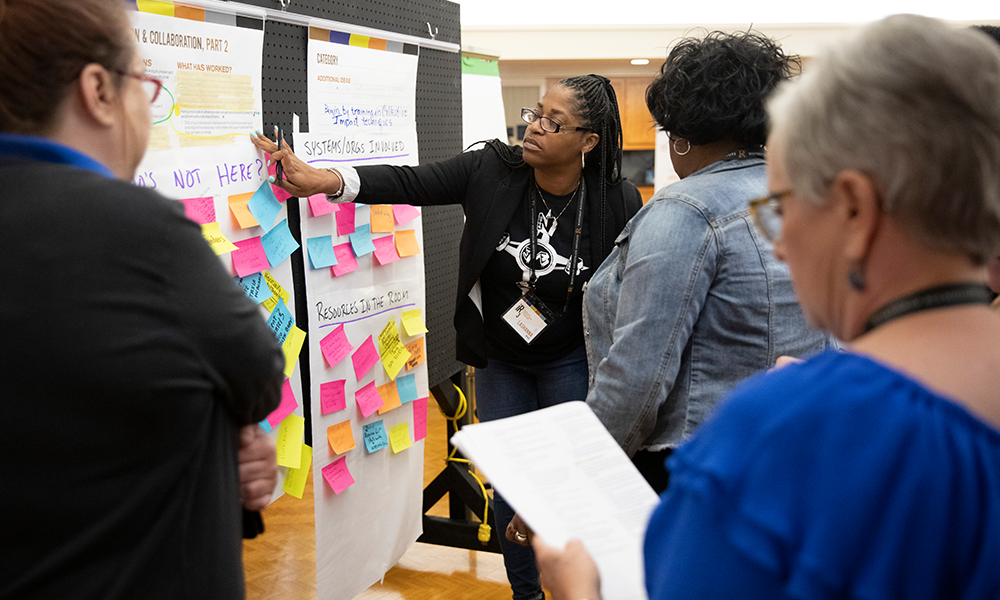The ultimate goal of the corrections system is to rehabilitate incarcerated individuals so that they become productive citizens upon reentry. Despite this goal, the recidivism rate in Arkansas as of 2022 is 50.6 percent. As of July 2022, 17,109 people are imprisoned in Arkansas, and that number is expected to increase to 19,160 by 2031.
The Incarceration: Recidivism, Reentry and Reunification program was created to devise a collaborative solution to break the cycle of recidivism, support reentry, and improve the justice system in Arkansas. This effort includes all parts of the corrections ecosystem:
- corrections officials
- families
- legislators
- judicial members
- lawyers
- community leaders
- nonprofit groups
- and the formerly incarcerated themselves
Through an intensive series of focus groups, conference-style meetings, and independent working groups, this first full-sector collaboration will bring to light their shared burdens and create a path forward for Arkansas – a future where the corrections system works as intended and the formerly incarcerated rejoin their families and communities permanently.
Just as Winthrop Rockefeller changed the prison landscape of his day, this effort promises meaningful solutions to combating recidivism at all levels. Our participants have already volunteered 1,400 hours of their time toward this collaboration.
If you would like to support our efforts with iR3, please consider making a donation to the Institute or contacting our development office at (501) 727-5417.
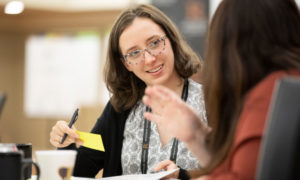
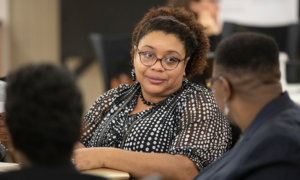
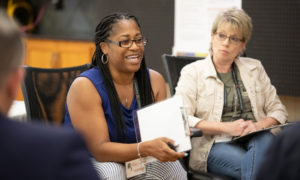
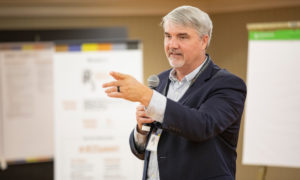

Beginning in April of 2021, focus groups comprising each part of the incarceration ecosystem have been held to establish the top issues for each group. Selected with the guidance of program partner Restore Hope Arkansas, these groups will consider the system as a whole, as well as their unique part in it.
After collecting and processing the focus group data, select members came to the Institute on June 16-17 where the group selected the areas in which they feel they can make the most impact, creating working groups that will meet in the following months to create solutions and plans. Those ideas were presented at the second summit in September 2021. The three focus areas are as follows:
Many challenges to reentering a normal life after being incarcerated revolve around existing laws and procedures. These include barriers to necessary documents (e.g. state identification and proof of insurance), communication policies between courts and defendants, and pipelines to alternative sentencing — all of which are topics being explored by this working group.
The stigma faced by reentering citizens is sharp and divisive and can keep them from fully settling back into their communities. Not only does it affect finding work, but also places to live. It can also make one feel like an outsider in their hometown even after they’ve completed their sentence. Helping the general public better understand the men and women returning from the corrections system is the charge of this working group, which hopes to dispel the myths about the average returning citizen.
This working group is focused on how to better the communication and collaboration inside and among the many different organizations, efforts and people working in the recidivism, reentry and reunification space. They will especially be focused on how to gather and share important data and figures, as well as how to promote increased collaboration within counties.
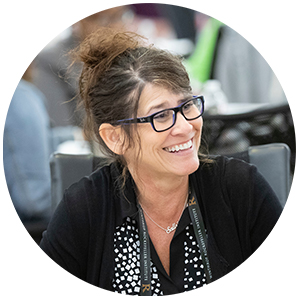
“I had no idea what to expect. The action plan and the way the Institute has facilitated it has just been over the top. I think it’s been amazing. We’re actually going to have a plan when we leave here!”
Carrie Williams, Assistant Director of Reentry for Arkansas Community Corrections
The working groups met virtually and in-person between the first and second convenings at the Institute. This allowed time for their members to conduct research and begin fine tuning their action plans for the future. Due to ongoing COVID-19 concerns we brought participants together in a hybrid conference that allowed for the leadership of the working groups to gather in-person at the institute and all other participants to work collaboratively with them in the virtual space.
The meeting began with words from Andre Norman, Author of Ambassador of Hope, a formerly incarcerated person, Harvard graduate, and nonprofit founder who was excited to speak about the importance of the work the iR3 participants are doing.
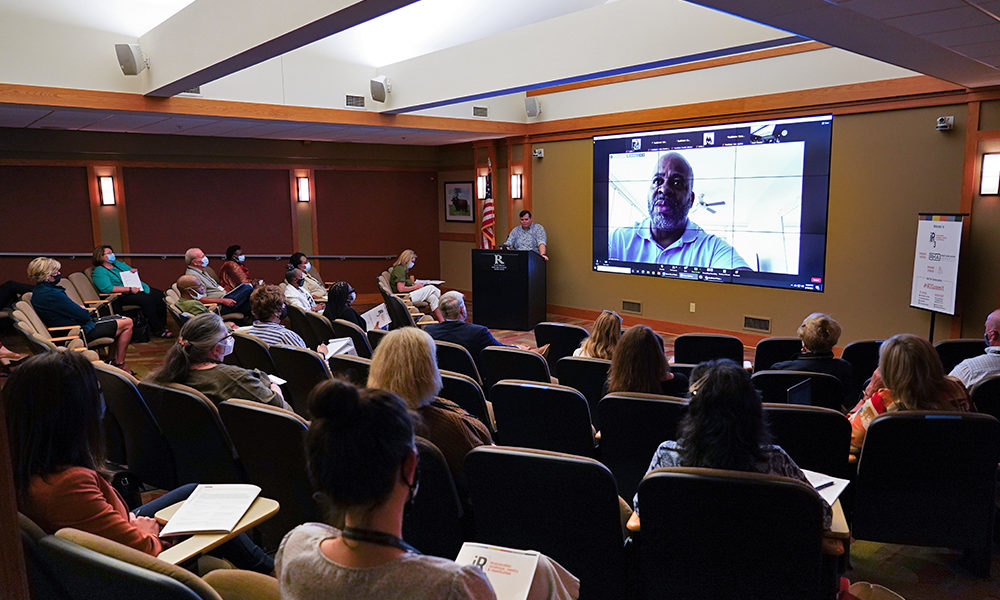
“I quit on everything positive, only leaving me negatives. Then I got mentors, prison volunteers, and they encouraged me. I am the sum total of all the mentors I’ve ever had. I am the sum total of all the people who believed in me. It helped me heal from my pain. It helped me see the purpose I can bring to the world, to see that I am a value-added.”
Andre Norman
Participants then heard progress reports from each of the working groups and divided up to provide support, ask questions, and work collaboratively on each of the three areas. It was also at this meeting where our working groups developed beginning timelines for impactful actions in the following areas:
- Enhanced intra-county collaboration between reentry and reunification service providers to increase awareness of and access to available services.
- Public awareness campaigns focused on reducing the stigma of being formerly incarcerated. This includes sharing successful reentry stories and creating toolkits for use by nonprofits, the judicial system, and other reentry stakeholders.
- Sensible public policy recommendations designed to reduce the length of probation and parole and ensure people leave prison with the essential documents they need to reenter society and the workforce.
50 members of the iR3 cohort came together to hear updates from the three working groups and discuss how this initiative will move forward.
Continued their work to draft policy recommendations that address the challenges formerly incarcerated and their families face during reentry into normal life. Using the support of the entire cohort and a panel of Arkansas judges, this working group initiated the creation of a community diversion pilot program to reduce incarceration altogether.
The Public Awareness Working Group published the first edition of Smart Justice Magazine and launched the Smart Justice podcast. These initiatives work toward this working group’s goal to pursue better outcomes for the formerly incarcerated by reducing the stigma of incarceration.
The Communication and Collaboration Working group completed its goal to enhance intra-county collaboration between reentry and reunification service providers by partnering with Arkansas 2-1-1 to create a database of resources to be used by non-profits, members of the judicial system, as well as the formerly incarcerated and their families.
Contact Person
